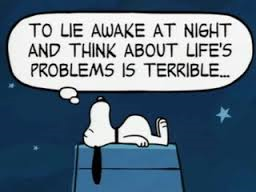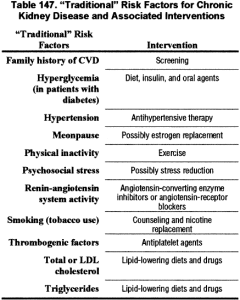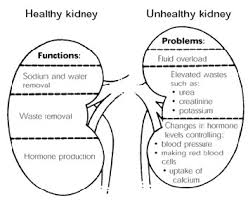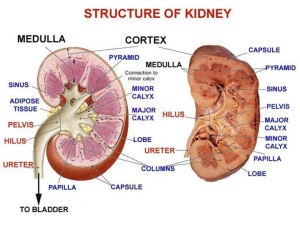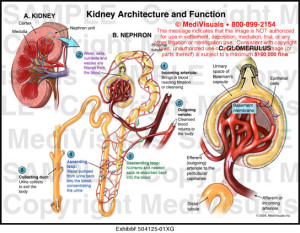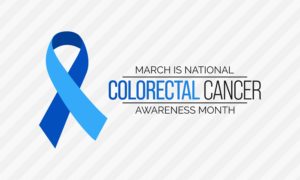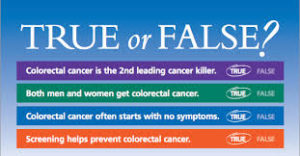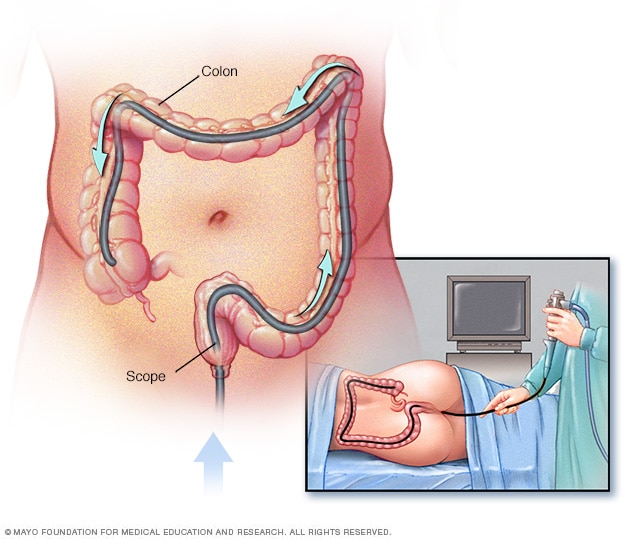When you go to bed do you wake up to the slightest noise (car going by the house, a dog barking outside, the heat going on or the cat fight outside)? I know I do and have for years; unfortunately the slightest noise wakes me up, even a pin dropping to the floor and probably live on 5 to 6 hours a day of sleep. Some people even feel when they are scrambling to meet the countless demands of their day, cutting back on sleep might seem like the only answer. Who can afford to spend so much time sleeping, anyway? The truth is you can’t afford not to. Even minimal sleep loss takes a toll on your mood, energy, and ability to handle stress. By understanding your nightly sleep needs and what you can do to bounce back from chronic sleep loss, you can finally get on a healthy sleep schedule or pattern.
Sleep deprivation
Many of us try to sleep as little as possible. There are so many things that seem more interesting or important than getting a few more hours of sleep, but just as exercise and nutrition are essential for optimal health and happiness, so is sleep. The quality of your sleep directly affects the quality of your waking life, including your mental sharpness, productivity, emotional balance, creativity, physical vitality, and even your weight. No other activity delivers so many benefits with so little effort!
According to the National Institutes of Health, the average adult sleeps less than seven hours per night. In today’s fast-paced society, six or seven hours of sleep may sound pretty good. In reality, though, it’s a recipe for chronic sleep deprivation.
Remember sleep deprivation can affect you like a drunk. This could be many symptoms like fatigue, lethargy, lack of motivation, moodiness and irritability, reduced creativity and problem-solving skills, inability to cope with stress, reduced immunity; frequent colds and infections, concentration and memory problems, weight gain, impaired motor skills, increased risk of accidents, difficulty making decisions to even increased risk of diabetes, heart disease, and other health problems.
There is a big difference between the amount of sleep you can just get by on to get through your day compared to the amount you need to function optimally. Just because you’re able to operate on seven hours of sleep doesn’t mean you wouldn’t feel a lot better and get more done if you spent an extra hour or two in bed.
While sleep requirements vary slightly from person to person, most healthy adults need between seven and a half to nine hours of sleep per night to function at their best. Children and teens need even more (see Average Sleep Needs table below). And despite the notion that our sleep needs decrease with age, older people still need at least seven and a half to eight hours of sleep. Since older adults often have trouble sleeping this long at night, daytime naps can help fill in the gap.
The best way to figure out if you’re meeting your sleep needs is to evaluate how you feel as you go about your day. If you’re logging enough hours, you’ll feel energetic and alert all day long, from the moment you wake up until your regular bedtime.
Consistency doing the following measures is the key to prevent sleep deprivation: Settle short-term sleep debt with an extra hour or two per night, Keep a sleep diary, Take a sleep vacation to pay off a long-term sleep debt, finally you must make sleep a priority.
Understanding sleep
Sleep isn’t exactly a time when your body and brain shut off. While you rest, your brain stays busy, overseeing a wide variety of biological maintenance that keeps your body running in top condition, preparing you for the day ahead. Without enough hours of restorative sleep, you won’t be able to work, learn, create, and communicate at a level even close to your true potential. Regularly skimp on “service” and you’re headed for a major mental and physical breakdown.
The good news is that you don’t have to choose between health and productivity. As you start getting the sleep you need, your energy and efficiency will go up. In fact, you’re likely to find that you actually get more done during the day than when you were skimping on shuteye.
It’s not just the number of hours in bed that’s important—it’s the quality of those hours of sleep. If you’re giving yourself plenty of time for sleep, but you’re still having trouble waking up in the morning or staying alert all day, you may not be spending enough time in the different stages of sleep.
Each stage of sleep in the sleep cycle offers benefits to the sleeper. However, deep sleep (Stage N3) and REM sleep are particularly important. Learn more about the stages of sleep tomorrow and maybe it will help you strive for better health!
